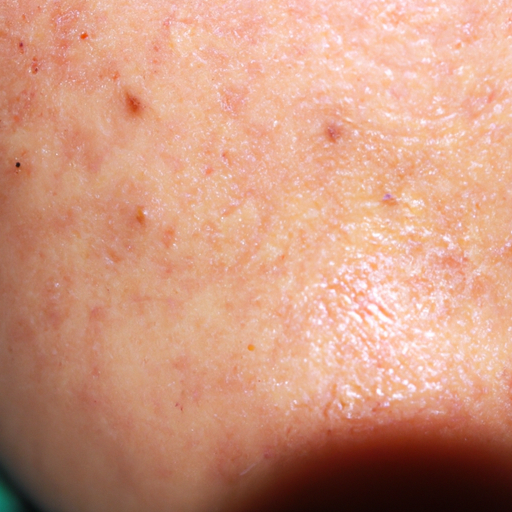As a medical professional, I am frequently asked about the best ways to achieve clear, acne-free skin. Acne is a common skin condition that affects people of all ages, but it is particularly prevalent in teenagers and young adults. It can cause significant distress and impact self-esteem, but the good news is that there are several proven strategies to banish blemishes and achieve healthier skin.
1. Maintain a Consistent Skincare Routine: The first step towards achieving acne-free skin is to establish a consistent skincare routine. This should include cleansing, toning, and moisturizing your skin twice daily. Use products that are suitable for your skin type and specifically designed to combat acne.
2. Use Over-the-Counter Acne Treatments: Over-the-counter acne treatments containing ingredients like benzoyl peroxide, salicylic acid, or sulfur can be effective in reducing blemishes. These ingredients work by reducing inflammation, unclogging pores, and reducing oil production.
3. Eat a Healthy Diet: While the link between diet and acne is still being researched, some studies suggest that certain foods may contribute to acne. Foods high in sugar and carbohydrates may increase your risk of developing acne. On the other hand, eating a diet rich in fruits, vegetables, lean proteins, and whole grains can help maintain healthy skin.
4. Stay Hydrated: Drinking plenty of water can help flush toxins out of your body and keep your skin hydrated. Dehydrated skin can lead to an overproduction of oil, which can trigger acne breakouts.
5. Don’t Touch Your Face: Our hands are covered in bacteria, oils, and dirt. When you touch your face, you transfer these impurities to your skin, which can clog your pores and lead to breakouts. Try to avoid touching your face as much as possible.
6. Exercise Regularly: Regular exercise increases blood circulation, which helps nourish skin cells and keep them vital. It also helps reduce stress, which is a common trigger for acne breakouts. Just remember to wash your face immediately after exercising to remove sweat and bacteria.
7. Consult a Dermatologist: If your acne is severe or persistent, it may be time to consult a dermatologist. They can prescribe stronger treatments, such as topical retinoids or antibiotics, and provide personalized advice based on your specific skin condition.
Remember, achieving acne-free skin is a process that requires patience and consistency. It may take several weeks or even months to see significant improvements. However, by following these strategies, you are taking positive steps towards healthier, clearer skin.
As a doctor, I can assure you that there’s no need to feel embarrassed or hopeless if you’re struggling with acne. It’s a common condition that many people deal with, and there are plenty of effective treatments available. The key is to find what works best for you and stick with it. With time and consistency, you can achieve the clear, healthy skin you desire.



